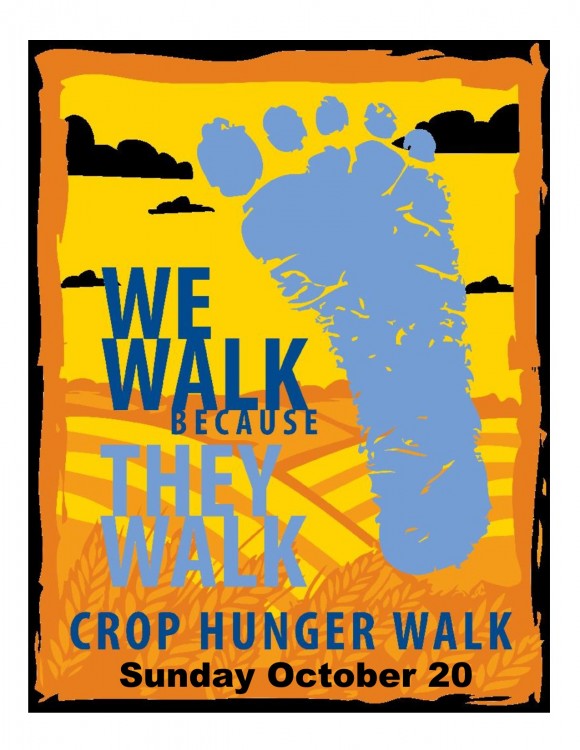Each day, I try to spend at least a few minutes catching up on the latest news at Penn State by reading Onward State. While much of this website’s “news” is more opinion than fact, I think that they have used the website as an excellent source of rhetoric.
Onward State invites rhetoric in more ways than one. As stated on their website, their main purpose is “to generate honest conversation in the hopes of enriching the Penn State community and experience.” I think that this is very appropriate because it does exactly that. It is a great place to go if you want to know more about what is going on around campus or where the best place is to go for coffee. It’s purpose in and of itself is to encourage civic engagement both on and off campus, and, by informing the general student body, it is definitely fulfilling its purpose.
I think the most effective way that this website invites civic engagement and furthers its rhetorical boundaries is by having a “comments” section at the bottom of each article. By using this tool, the writers of the articles can get direct feedback, while allowing Penn Staters both on and off campus to interact with each other and form a stronger community. I think that this is one of the most important ways that Onward State achieves its goals.
One last way that the website invites civic engagement is through the “submit content” page. Now, I do not know much about who can actually submit content to the site for publication, but the fact that they have a page to do so makes me think that they might want every student to have the opportunity to submit articles and entries for consideration. This creates an even greater sense of community, as it encourages participation and civic engagement among an even wider audience.
Onward State does an excellent job of implementing different forms of rhetoric to encourage civic engagement. All of this is so influential, as it makes many students feel like they are more a part of a small community, rather than on a huge campus of over 40,000 students. I encourage everyone to check it out, and let me know what you think it’s effects are on you!


